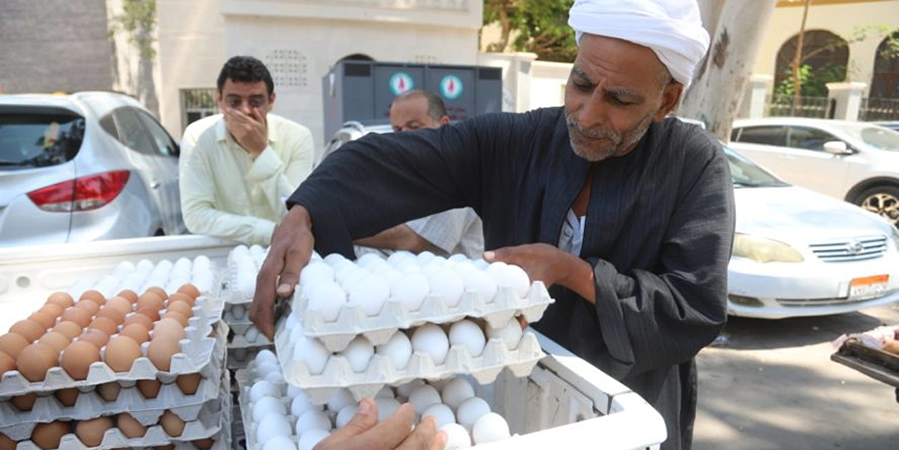September 16, 2024
Egyptian Competition Authority files criminal charges against egg producers for price fixing

The Egyptian Competition Authority has pressed criminal charges against 21 leading egg producers, accusing them of colluding to fix prices, in breach of the country's competition law, Daily News Egypt reported.
The authority's board referred the case to the country's Public Prosecution after concluding that the producers had engaged in three separate horizontal agreements to fix prices for both white and red table eggs.
The accused are all members of the Egg Division of the General Union of Poultry Producers, including members of the Division's board. They were found to have colluded daily to determine the selling price of eggs from farms to traders.
An investigation by the authority revealed that this agreement led to inflated egg prices, which did not reflect actual production costs, for an extended period. According to the authority, this was done to achieve higher profits at the expense of Egyptian consumers, while undermining free market mechanisms that typically govern pricing.
The authority also found that the producers had conspired to thwart government initiatives aimed at easing consumer burdens by encouraging the private sector to improve economic efficiency and reduce costs, which would lower prices for consumers.
"Horizontal agreements (cartels) are among the most serious competition violations as they disrupt free market mechanisms of supply and demand," the authority stated.
"In a free market, each economic entity is expected to make decisions independently. However, in this type of offence, competing entities collude to fix prices, preventing competition and ensuring high profit margins. Price-fixing agreements are one of the worst types of violations as they harm consumers, who should benefit from competition with lower prices for goods."
The investigation revealed that the Egg Division communicated with major farms at the end of each day to determine the following day's prices for white and red eggs. These prices were then relayed to market players by a representative of the General Union of Poultry Producers, who served as a liaison between participants.
This coordination occurred via social media channels, including Facebook pages belonging to the division and union, as well as social media groups for different regions across the country.
Major producers also posted the agreed prices on their own social media pages to ensure that farms nationwide were aware of the fixed prices. The producers employed a systematic approach to gradually increasing prices, exploiting market conditions and economic circumstances, without regard for supply and demand dynamics, further burdening consumers.
The investigation also found that the producers encouraged one another to raise prices, taking advantage of the government's recent increases in salaries and bonuses for employees. One high-ranking member of the Egg Division was found to have pressured farm owners not to cooperate with regulatory authorities, attempting to conceal evidence and obstruct the investigation.
The Egyptian Competition Authority uncovered evidence that the producers were sharing future price-setting plans with the intent of controlling the market and unifying prices from farms to traders across the country. This effectively eliminated competition between farms, resulting in uniform pricing regardless of farm size or location, ensuring continued profits and erasing any competitive threats.
The authority stressed that the egg market had witnessed serious violations, with the individuals exploiting consumer conditions to agree on price increases. It described the agreements as legally and ethically unacceptable.
It also underscored the need for the General Union of Poultry Producers and the Egg Division to adhere to the law and refrain from engaging in harmful practices.
The Egyptian Competition Authority emphasised that it exists to protect the collective interests of its members, safeguard poultry wealth, encourage investment in related activities, and improve production and manufacturing methods.
- Daily News Egypt










